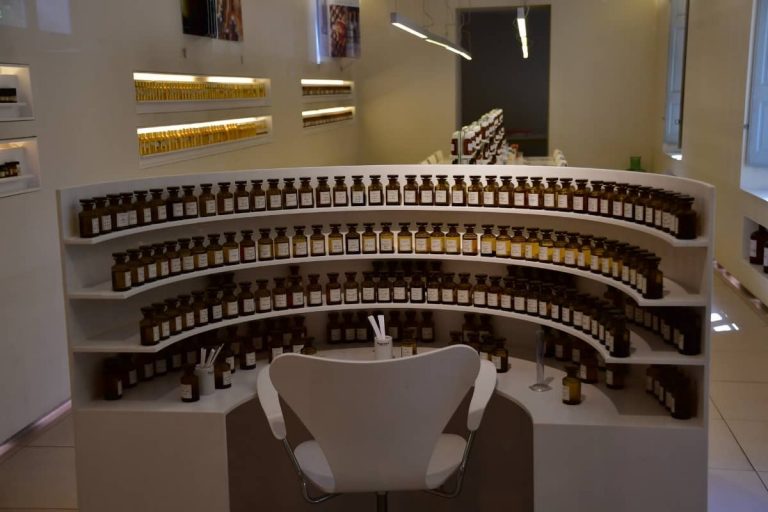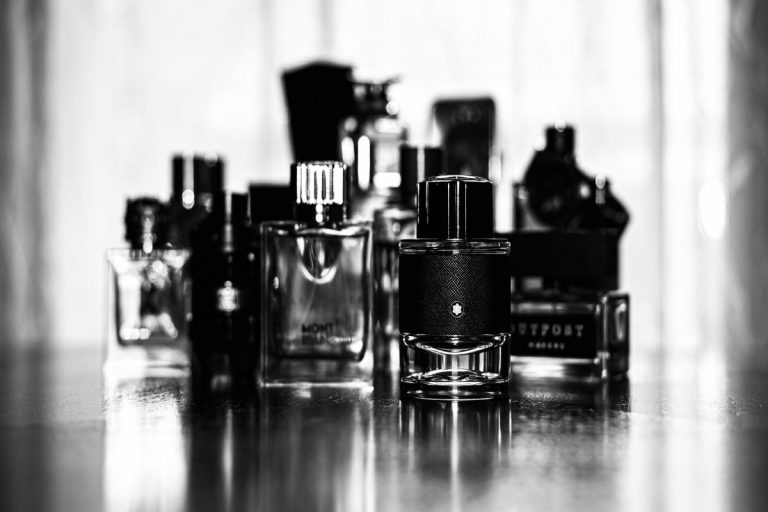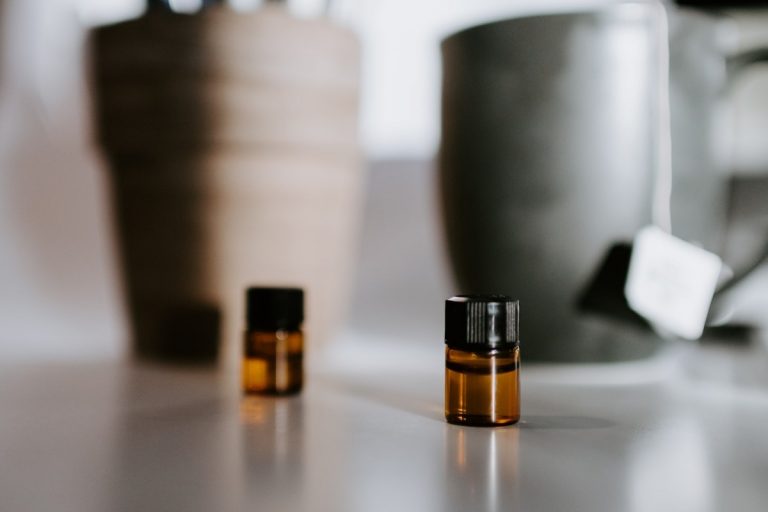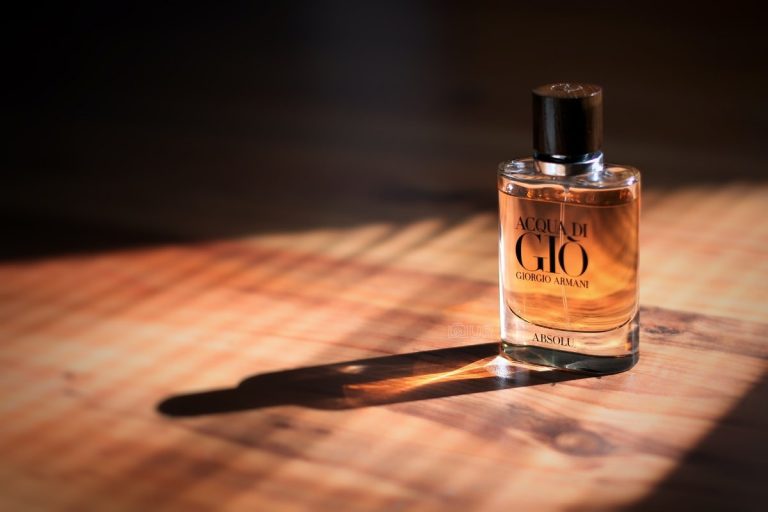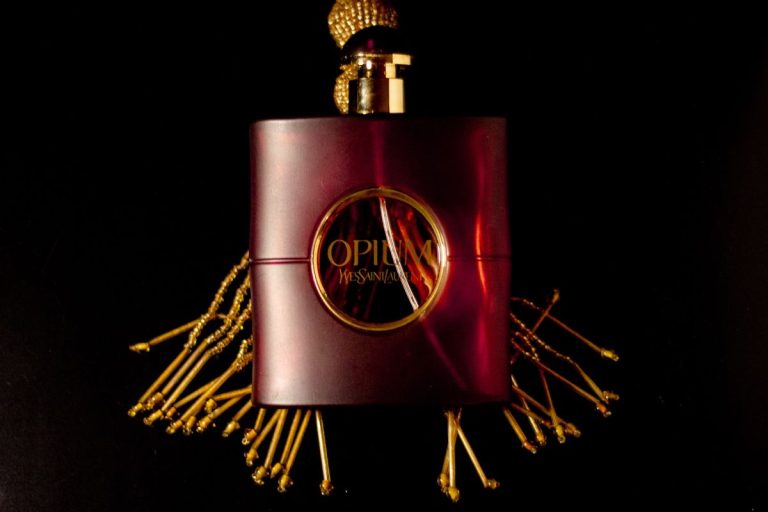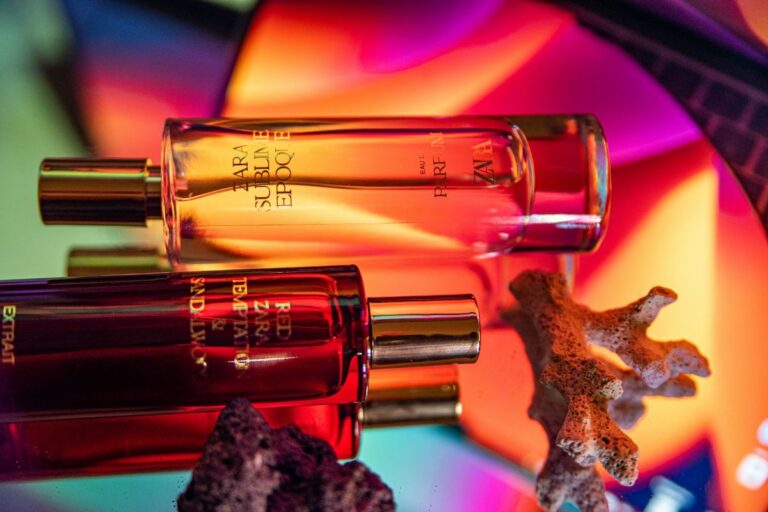Since the dawn of online fragrance forums, fragrance enthusiasts have been debating what’s the difference between the Designer vs Niche Fragrances. What are they and what is all the fuss?
There are several key factors that divide these two groups and now, there is a third competitor. Small indie brands, considered by the fragrance aficionados more niche than actual niche.
But, that’s not all. A historic brand Guerlain sits between the fine line of designer and niche with its affordable lines and more expensive stuff iced with other cosmetic products.
Up until fifteen years ago, before the fragrance boom, there was a more clear view of what is what. Now, not so much. Many niche brands have noticed that to survive in this massive industry, releasing “only edgy” stuff, won’t do long-term.
An early adopter of this “blending the niche with designer” philosophy was Creed, and the most important niche release that reflects that is Creed’s Aventus.
Like it or not, all roads lead to Aventus and the blurred distinction between the two fragrance ways.
That’s why we are going to explore this topic together and check out what separates niche and designer fragrances. Bonus indie brands chapter included!
No matter which fragrance category you prefer, you should always trust your nose when making a decision.
There are as many great designers as there are niche fragrances out there for you to enjoy.
Affiliate Disclosure: As an Amazon Associate I earn from qualifying purchases. By purchasing via provided links comes at no additional cost to you. I only recommend products and/or services that are insightful and helpful to readers. For more info please read Affiliate Disclaimer.
Designer and Niche Terminology

The best way to define designer and niche brands would be to place them in simple terminology. I will leave Indie Brands for the last chapter to avoid confusion.
While some designer brands may have the upper-tier selection, like Tom Ford’s Private Blend, they are still considered a designer house.
Designer
Big-name fashion houses such as Dior and Chanel are considered designers in the fragrance world. These mainstream brands are often shopped in the mayor boutiques and stores.
These fashion houses(car brands, cosmetics etc.) make other products along side with fragrances such as:
- watches
- cosmetics
- clothes
- shoes
- Accessories
These products are produced at a much bigger scale and are more well-known to the general population. Even though designers lack so to speak, the “luxury“, they excel on availability, price, and popularity which shouldn’t be ignored.
Mainstream fragrances are produced in the biggest fragrance factories which guarantee control quality which sometimes, may be absent in a niche world.
In the fragrance community, designers are often named “gateway drug” which hooks you into this hobby.
Niche
Companies that sell fragrances exclusively are niche brands. These companies sell their products to a specialized sub-market that satisfies specific needs, often with bigger price tags.
Unlike the designers, which attract a much bigger population, a niche audience is smaller and more demanding.
Brands such as Amouage and Frederic Malle are great examples of what a niche fragrance company is. They are commonly not present in most retail stores, their price is often higher and offers exclusivity.
In plain English, niche perfumery is an alternative to the mainstream designer perfumery, just like Punk music is an alternative to the Rock.
One of the things which are still present in a niche world is artistic expression and creativity. Which means they are at a danger of being not accepted by its target population.
But sometimes, these fragrances change the perfume world and come with huge financial payback. We have seen this numerous times which fragrances such as Baccarat Rouge 540 and before-mentioned Creed Aventus.
Best Reasons to Choose Designer Fragrances
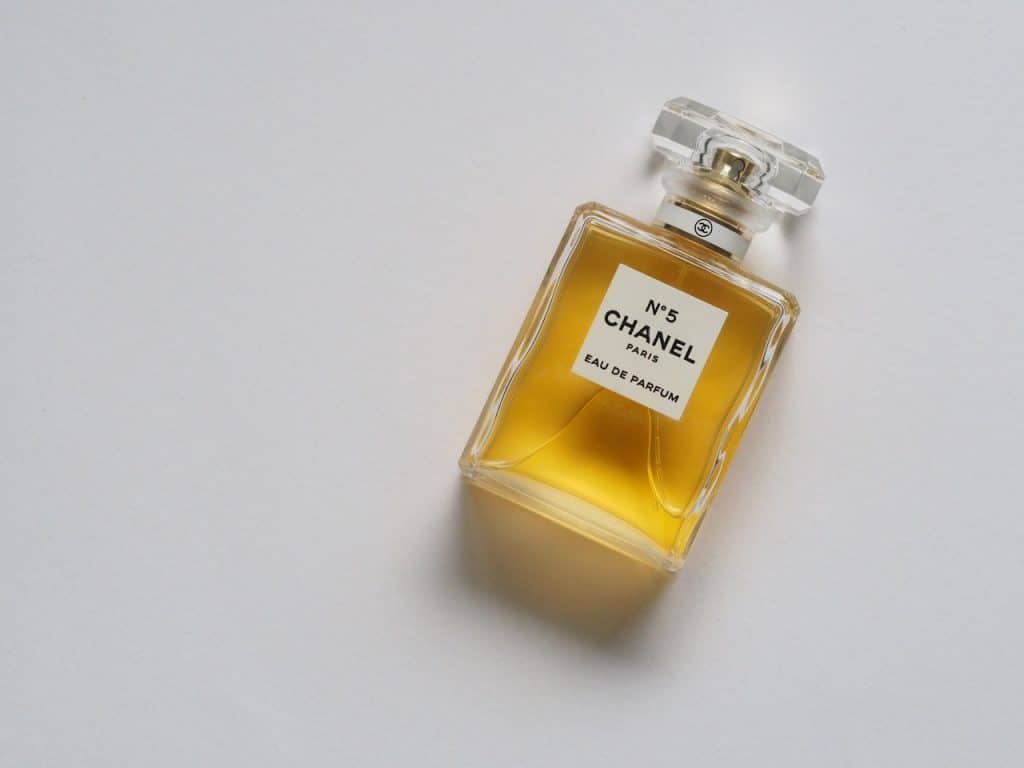
So, as you saw in the previous chapters, both sides have different pros. and cons. It’s much easier to get into a designer lifestyle which is let’s be real, more well-known than into edgy niche stuff.
Since I like both sides, this section will be objective as much as possible. Let’s dive in.
Designer Price
Ah, the price and the main reason why 99% of perfume consumers start with designer fragrances. Their affordability. According to the Grand View Research Industry Insights, the global perfume market size was valued USD 31.4 billion back in 2018. and it’s expected to rise by 3.9% by 2025.
Guess what brings the good chunk of that money? That’s right. The more affordable designer fragrances. These products are seldom more than USD 50 – 100(100 ml bottle) which is just another advantage.
Designers are more trendy
Like it or not, there is a much higher chance that a person will give you a nice comment if wearing a designer fragrance.
While someone who has been in this hobby for a long time wouldn’t care about this, the general population would almost always prefer designers. And guess which fragrance won the 500 Greatest Modern Perfumes on Basenotes forum?
Yup, again a designer fragrance. Terre d’Hermès by Hermes is a fantastic creation and everyone should at least sample it out.
Designers are a Better Choice for Beginners
Everyone has to start somewhere. Right? And what would be better to start this beautiful hobby with nice and affordable designer fragrances. And none of was a “perfume expert” since day one. If there is such a thing like that.
Although I wouldn’t recommend purchasing every and single one of the recommended designer fragrances from the “best this and that” lists found on the internet, fragrances like Versace Pour Homme, and Prada L’homme are a great start.
Designer Fragrances are created by the same Perfumers
Contrary to the popular belief that the niche fragrances are only by these perfume magicians that only create for artisan houses, that’s not true.
Most of the time, designers are composed by the same people that do nice fragrances. Dominique Ropion, Francis Kurkdjian, and Jean-Claude Ellena are just to name a few.
Depending on the available budget, these artists are able to create fragrance masterpieces from time to time.
Designer Exclusive Lines and Brand Recognition
Designers’ popularity may hurt their artistic and exclusive line segments in the eyes of a fragrance enthusiast, but what it doesn’t hurt is their brand recognition.
Giants like Chanel and Dior are the most recognizable cosmetic brands in the world. Period. No niche brand in the world comes close with the prestige as do these two.
Just ask the few random people on the street do they know some niche perfume brands, and you’ll know what I mean. But, the great thing about designer brands is that they have recognized the niche market.
Following this niche trends, they now offer upper-class private lines which are only available in their official boutiques or high-end retail store.
Before you ask do they create exclusively with cheaper indigents, the answer is no in most of the time. They are easily on par with niche creations and not rarely, even better.
The two that come fist to my mind are Tom Ford’s Tobacco Vanille and Tom Ford’s Tuscan Leather.
Best Reasons to Choose Niche Fragrances
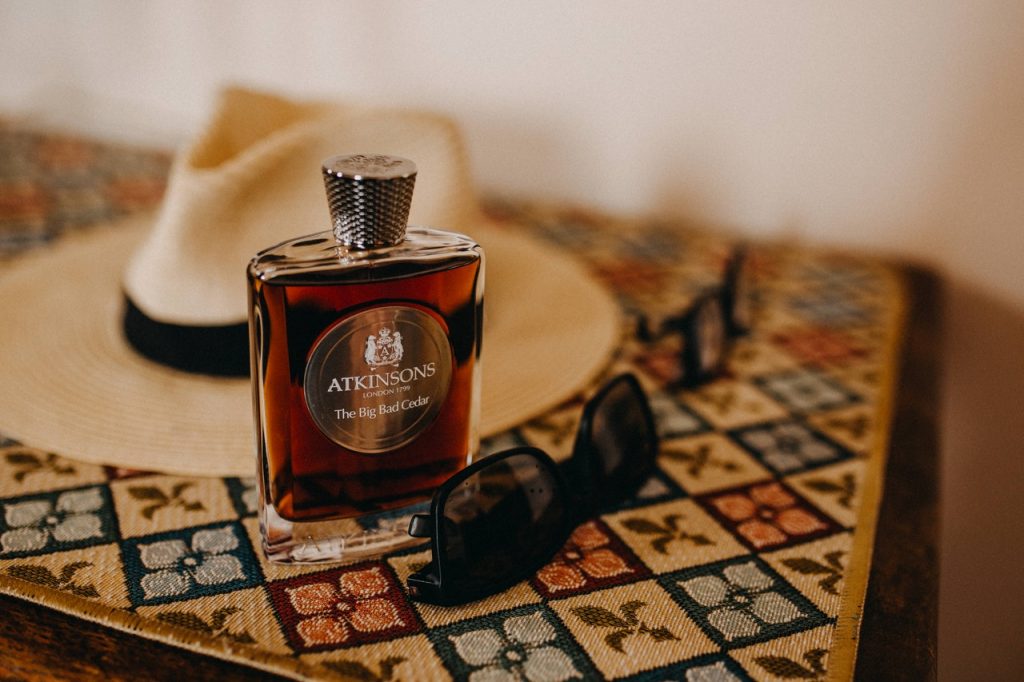
You have been there and done that. You are a few years into perfume hobby and now “bland” designer fragrances won’t do anymore.
But, there is a trace of hope. By mere coincidence, you have stumbled upon a “niche” fragrance term. And all a sudden, you feel there is hope for your hobby.
Terms such as niche head, niche snob, and niche this and that seem to be all over the place.
Now you want to know more about what are they and should you invest a good chunk of money into these luxury products.
So, let’s see what are the key differences that make designer vs niche fragrances stand out one of each other from a niche side of things.
The creative side of things
Although designers and niche brands often share the same perfumes to create their products, the end result is different. Well, in most cases.
Lately, there is somewhat a cult following of who created a particular perfume. Just like it would be in other arts like film and other arts.
Many fragrance enthusiasts follow the works of Dominique Ropion and Olivier Polge which are well-known as master perfumers that release one great perfume after another.
As you may guess, niche brands thrive on this. Creative direction and often complete freedom on their personal expression makes it more important than even who is the creator of your potential perfume.
Also, you shouldn’t be surprised to find out that most of the niche fragrances tend to be less complex than a designer fragrance which doesn’t mean it cheaper or of inferior quality.
What it means is that perfumers tend to focus more on single or few notes and round them to perfection.
Paying for Niche
Don’t want to smell like your better half’s ex? Pay from USD 150$ up to USD 2000$ and more and you are good to go.
Jokes aside, niche brands often use more natural ingredients that come at a much higher price tag. That combined makes them more personal for an audience that has a more different taste in fragrance.
You may ask your self which is better, natural or synthetics? The answer is both. Arguably, the best fragrances in the world come from fine-tuning the best of both worlds.
So to keep it short, you are paying for artistic creation, brand name, ingredients and other fees. Tastes are different and while some like a good affordable hamburger, other have no issue paying for a expensive Kobe Beef.
Thus, expect to pay more per ml than for a typical designer.
Niche Fragrances are made in Smaller Batches
Again, we come to luxury and exclusivity. Due to being targeted to a smaller audience and often using more expensive resources, niche fragrances are made in smaller quantities.
Designer brands always produce fragrances in large quantities to reach a bigger population, so niche companies have to be more selective even with marketing and distribution.
Personally, I have never seen a TV advertisement for niche fragrance nor in any magazine or billboards. You know what they say, the best advertisement is a good brand reputation and the word of mouth.
Niche fragrances can be Polarizing
Due to the more demanding audience, it is usually expected to smell something unique and distinctive which in the end, divides opinions.
Now, there is a small drawback to this artisanal way of doing business. Since niche fragrances are created in smaller batches with often no advertising and limited retail availability, blind buying can be the only option to test these products.
In my opinion, you should never blindly buy a fragrance. You can read as much as you want online regarding the smell, but the only judge is you.
So, sample, and sample again. If you get a chance, try to purchase a smaller decant from the fellow fragrance connoisseurs to get the feel is it worth purchasing.
Niche Presentation
The elegance of simplicity is what I would describe niche bottles and presentation and a jewel here and there. Some of the brands that describe those words would be Amouage, Creed, Nicolai, and MFK.
Heavier and more simple eye-catching bottles with often multilayered quality boxes. In the end, the most important thing is the juice that’s inside the bottle, yet we expect more from the whole package when it comes to the niche.
Although I won’t name anyone about the presentation, not every brand follows this, which should be a norm and not an exception.
Indie Brands: A New Alternative
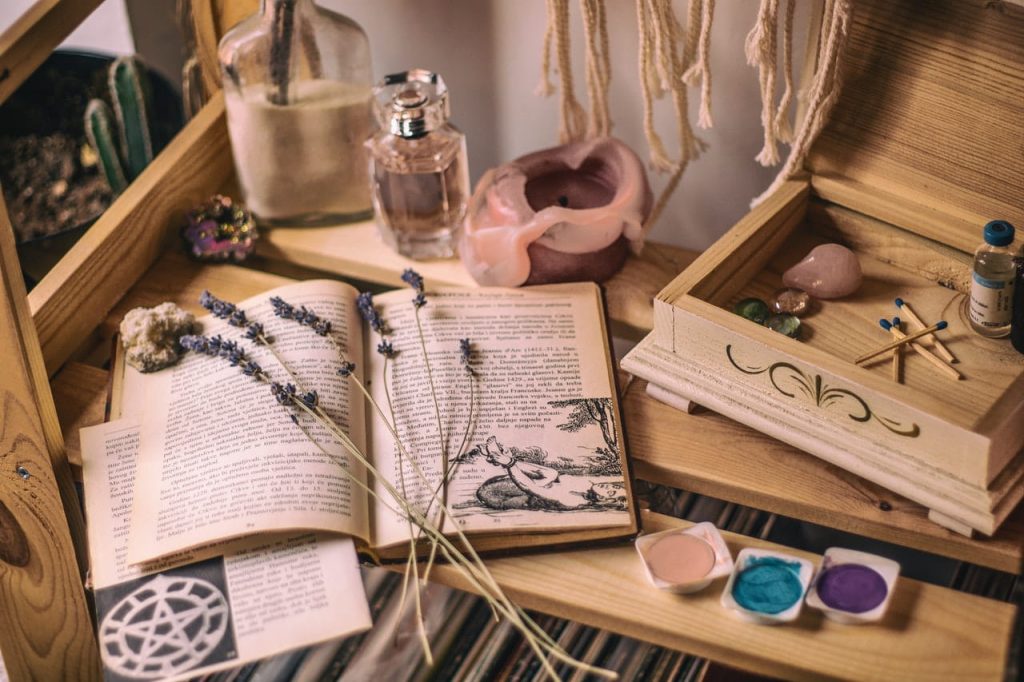
Indie brands are somewhat new to the fragrance world. Often named a niche from its golden days. These are small and independent brands, often run by a few people.
People that start an indie brand are almost always self-taught perfumers who alongside a person or two are in charge of everything from perfume creation, marketing, acquiring oils, manufacturing, and perfume distribution.
Nowadays, everything that is not a mass-produced designer is called a niche, and you would be right if you’d called an indie brand like Tauer Perfumes a niche brand.
Artisans like the above-mentioned Andy Tauer make his fragrances by hand in his home country Switzerland. On the other hand, not every indie brand is “homemade” and some do choose to produce their perfumes in fragrance factories.
So, does being an artisan make you a world-recognized perfume artist? As with everything, the answer is it depends, but I’m just going to say that those who thrive on their creativity and personal expression create the best fragrances in the world.
“You need absolute freedom to create beautiful fragrances. And you need time. And the best ingredients you can get. That is the true mystery how to create thrilling fragrances.”
Andy Tauer
One of the good things about small distribution is the ability to avoid IFRA regulations. This way, the fragrance users are able to experience banned or limited notes in their natural way.
The great example of this is Rouge Perfumery. Here are some indie brands to check out:
Designer Vs Niche Fragrances Closing Thoughts
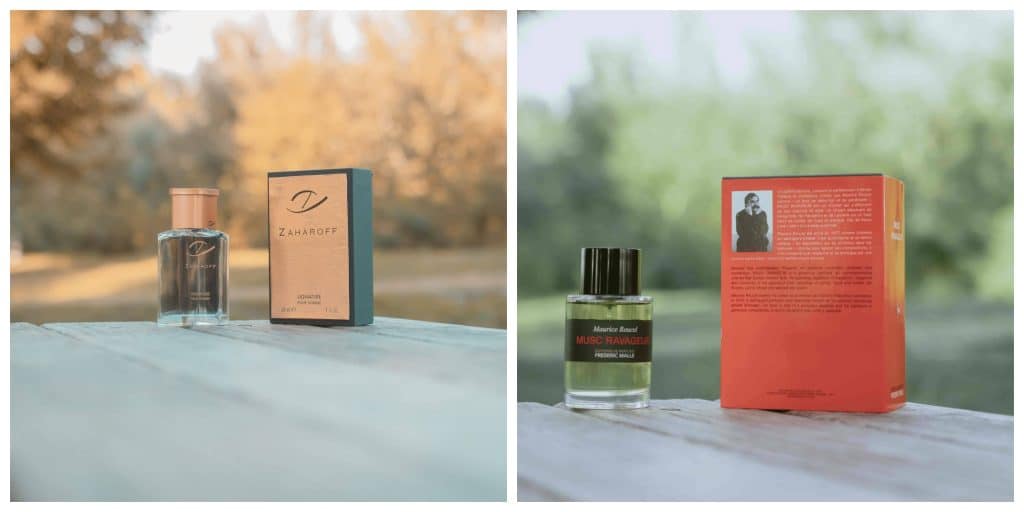
There you go. Hope this explained classification gave you all the answers that you wanted. If its massively produced and heavily advertised, its probably a designer release.
Otherwise, its a niche. And as far as I’m concerned, there are only good and bad creations. Hopefully, most of the time you’ll care more about what’s inside the bottle rather than the fragrance name attached to the creation.
As long as you like it and feel comfortable with the fragrance, your opinion is the most important. When it comes to indie, that’s the positive step in the right direction which will give sleepy niche brands a reason to step up their game.
Now, I want to hear which fragrances you prefer? Designers, Niche, Indie or all three? Are you a someone who is starting this beautiful journey or an experienced fraghead?
Let me know in the comment section below and share your thought with Scent Grail community.
Until next time, keep smelling great!
Best, Marin!
#scentgrail #scentgrailtribe
“Your number one online resource for Holy Grail Scents.”
– Marin Kristic
 Buy me a coffee
Buy me a coffee

